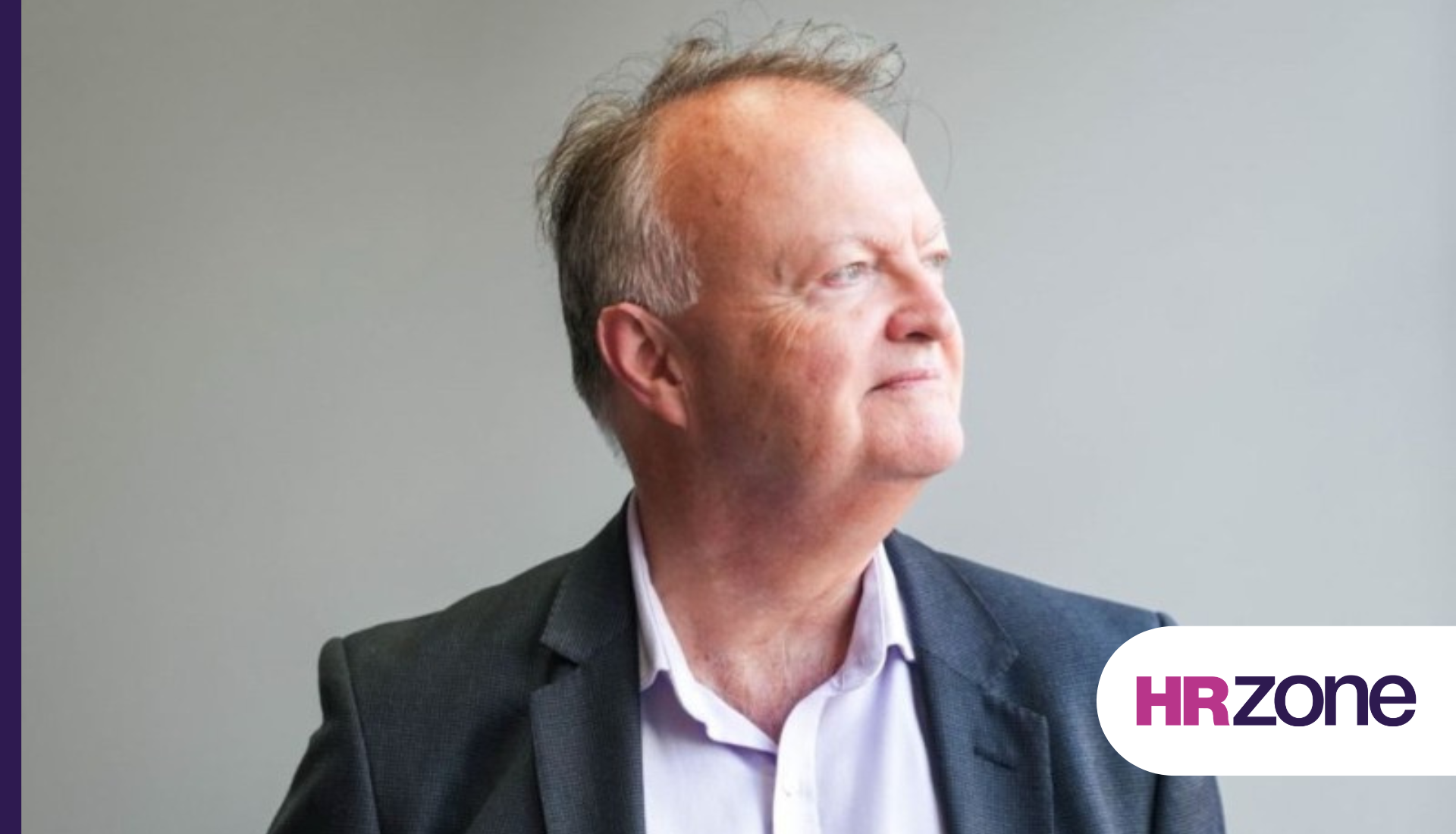Professional services firm KPMG has launched a new package designed to boost the benefits for working parents.
The move is a direct reaction to predictions that life will become even more difficult for carers of children.
Research conducted by the Future Foundation predicts that the number of working women in their 40s and 50s looking after both young and elderly dependents (the so-called ‘Sandwich Generation’) will rise by 50% by 2020.
With this in mind, KPMG, recently named the UK’s best big company to work for by the Sunday Times, has re-launched its package for working parents to include:
- Maximum allowance of 18 weeks full maternity pay extended to a greater number of staff (those with four years’ service or more)
- One stop shop family website providing information and details on the full support available
- A mentoring site to bring together parents and new mothers
- Comfort rooms for pregnant women
- First aid classes available for parents with very young children
- Coaching and training workshops on legislation, parenthood and work-life balance issues
- Pre-leave and return-to-work forums
On KPMG’s current maternity package, 90% of women return from maternity leave, and 92% of women return after having a second baby.
Whilst over a third of women at KPMG returning from maternity leave opt to work part-time, the number of fathers working flexibly has also trebled in recent years.
KPMG says it has taken account of rising costs in childcare which it has calculated to be as much as £200 per week for a child under two, rising to as much as £400 in London.
Rachel Campbell, head of people at KPMG, said: “The demands of modern society on women and carers of both sexes are only getting higher. That is why we are increasing our package of support.
“Maternity is of course a very special time, but it can create difficulties for both women and men with careers. It can create financial strains. Add to that the growing need to look after elderly dependents due to increasing life expectancies, and there is a danger of being squeezed at both ends. By providing increased support, we hope to make the task a little easier for our people.”





